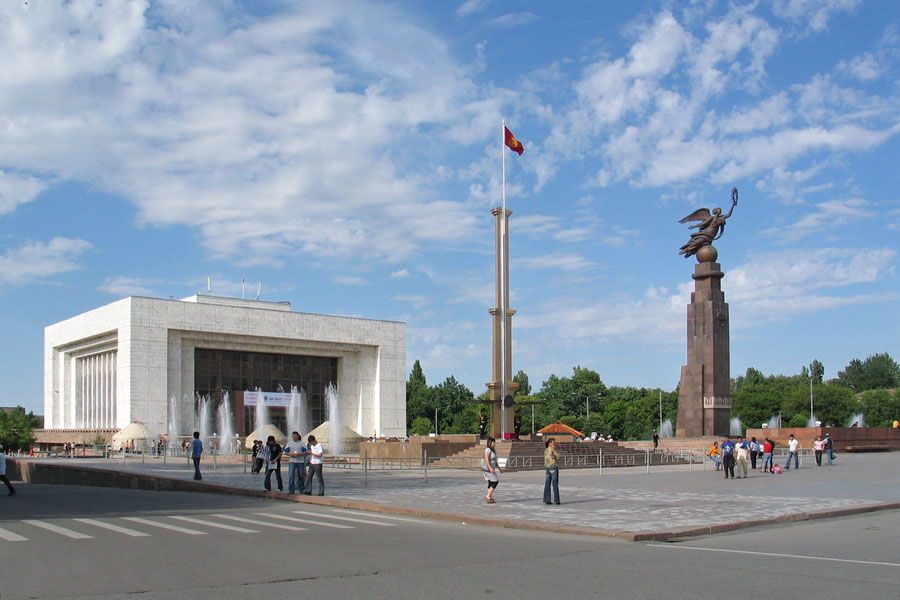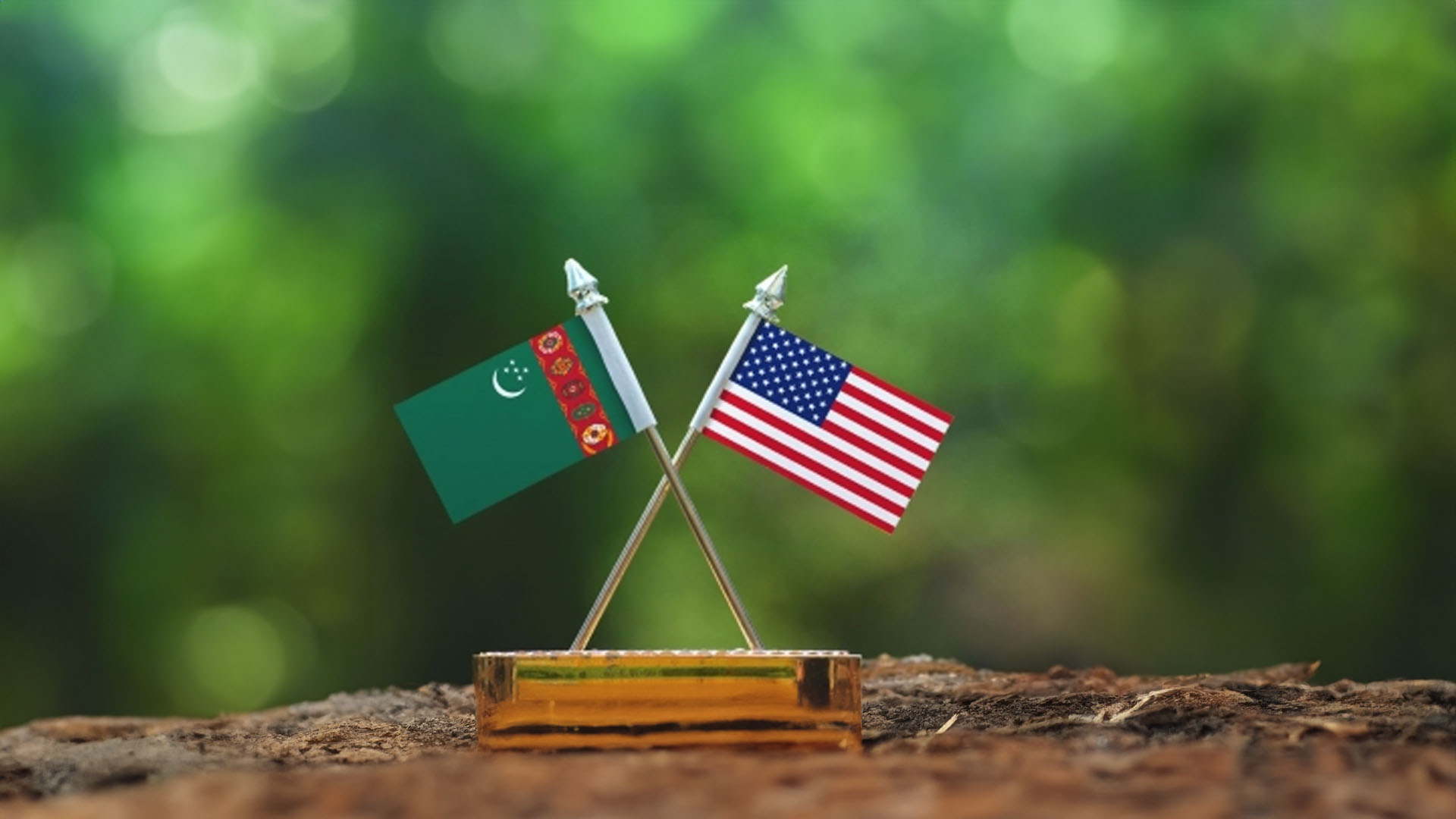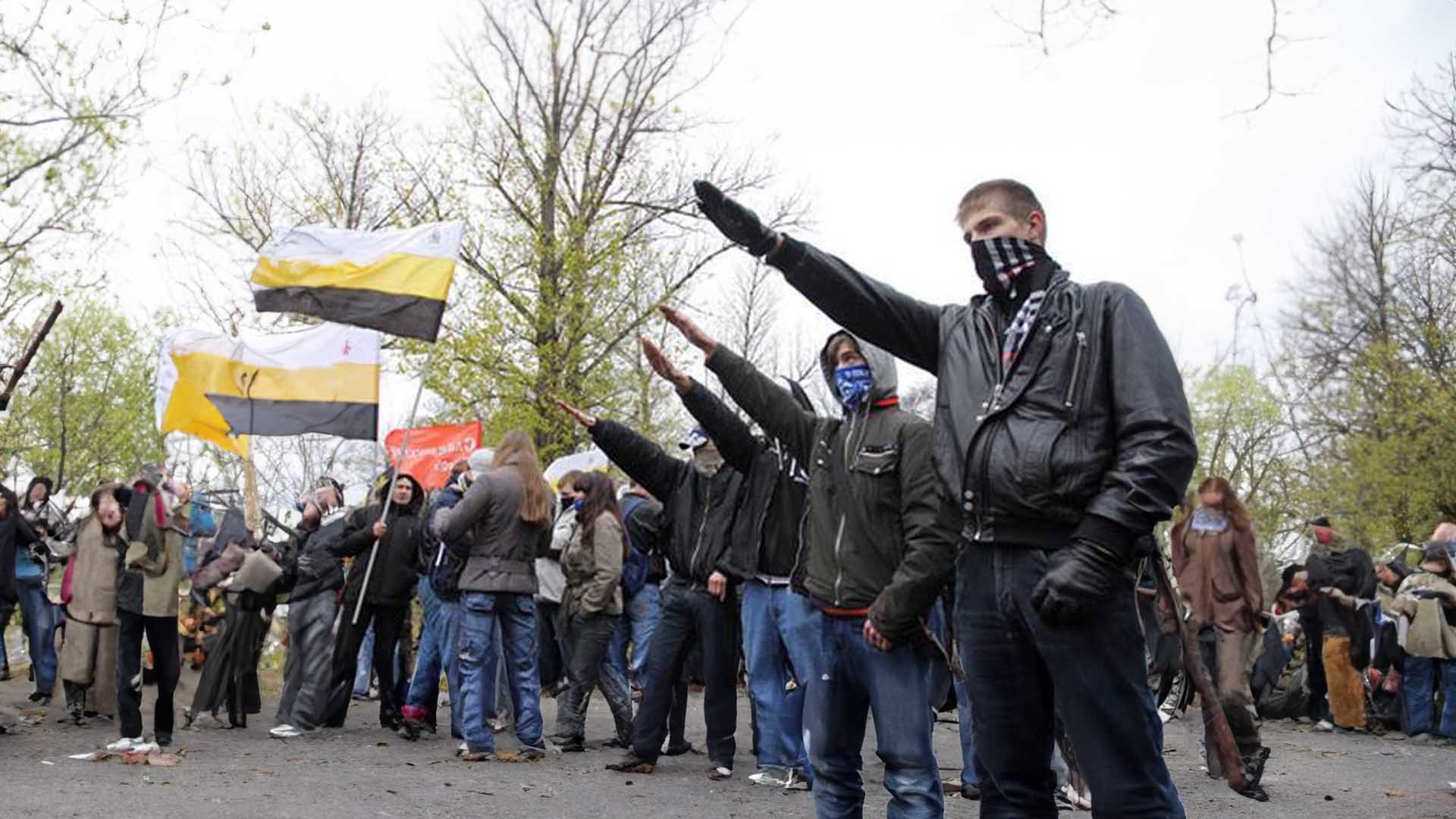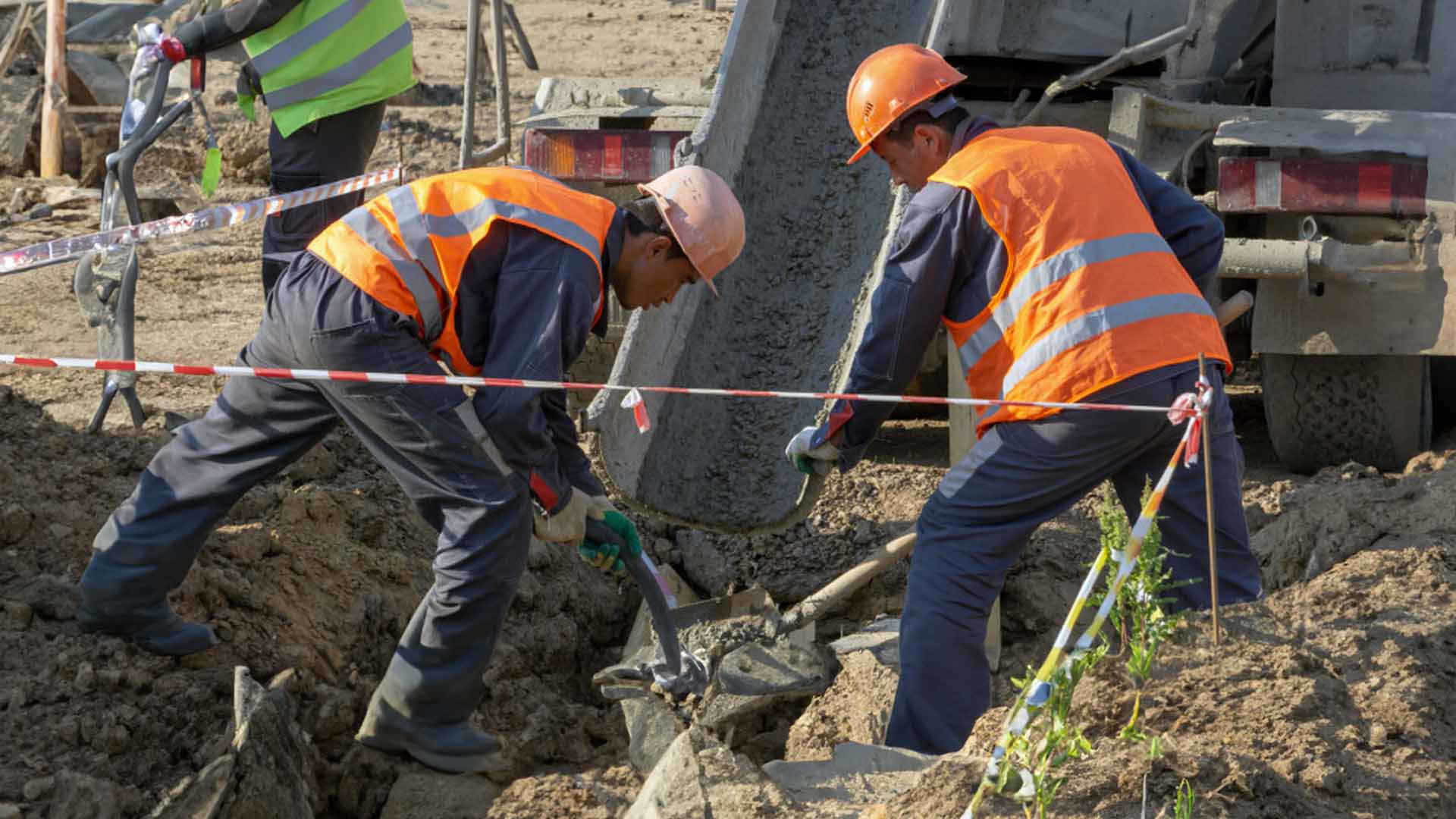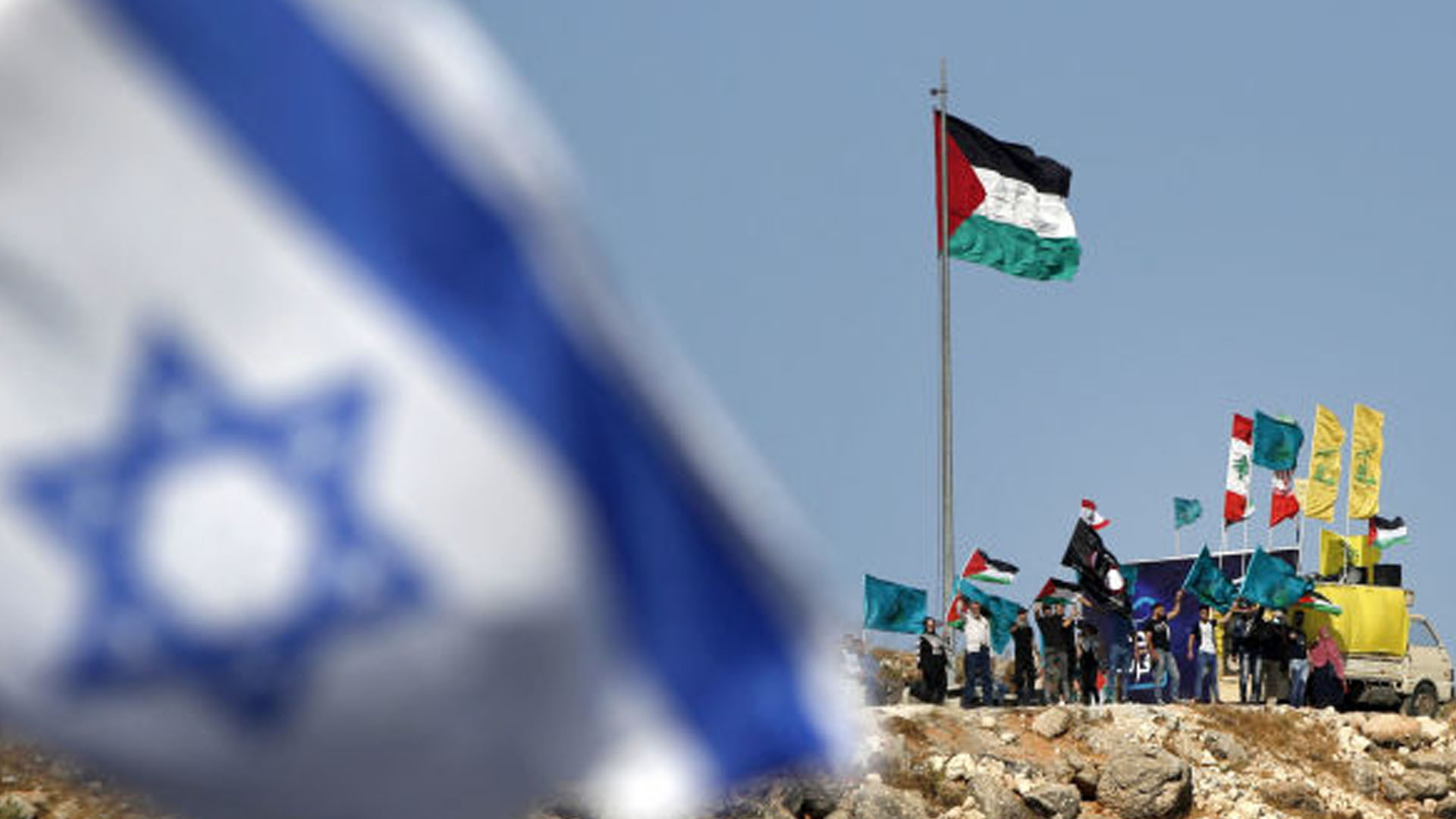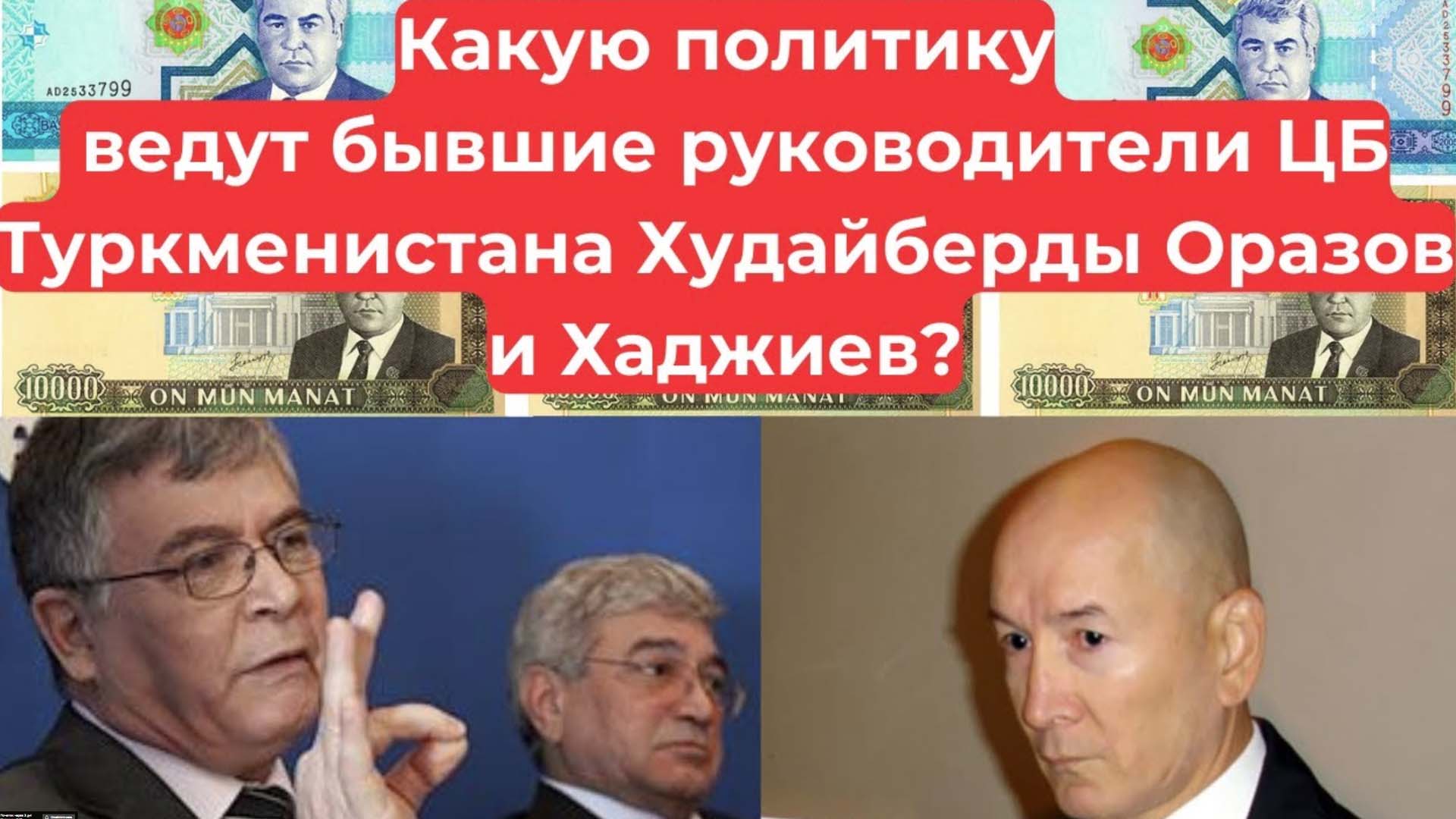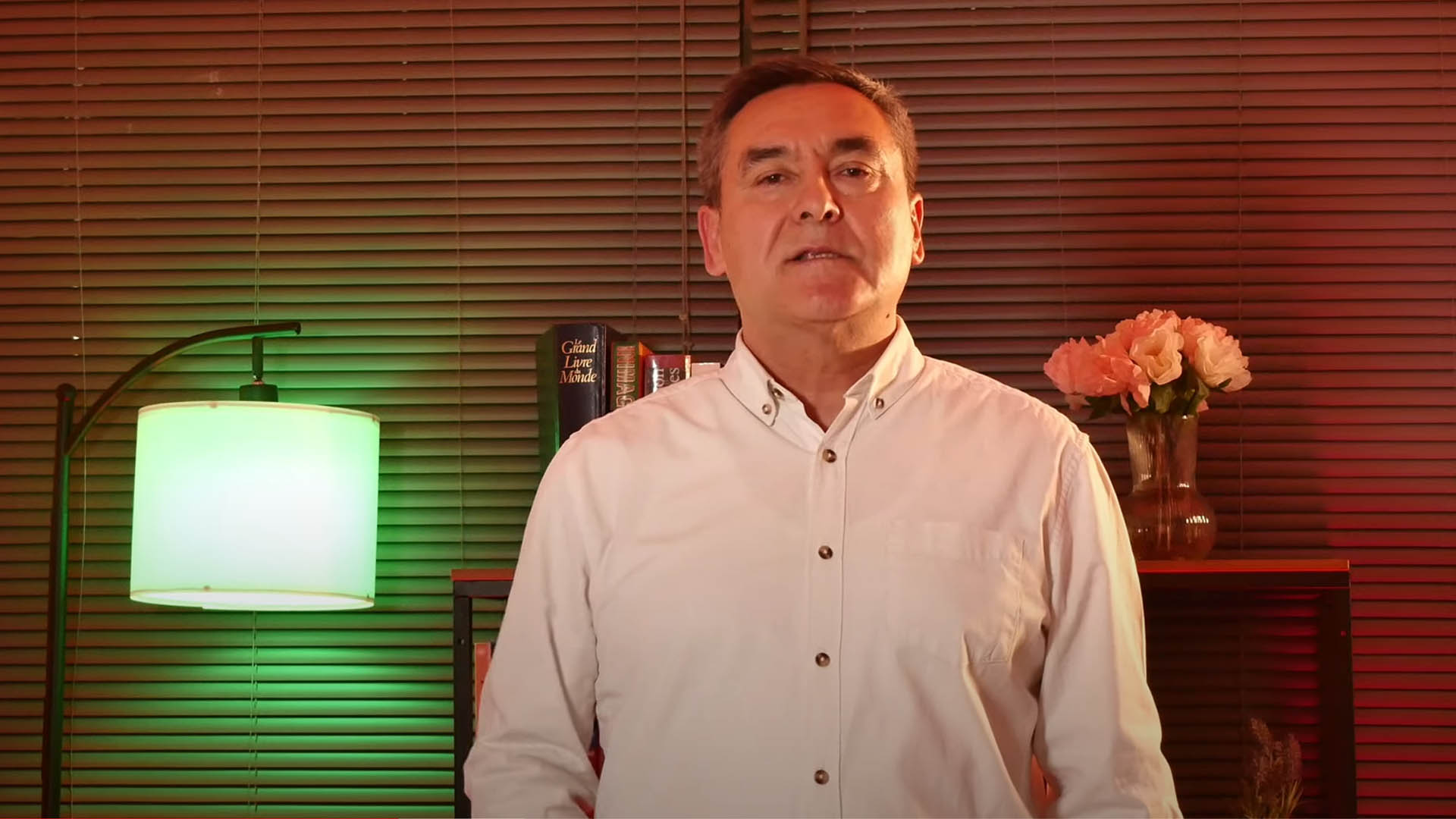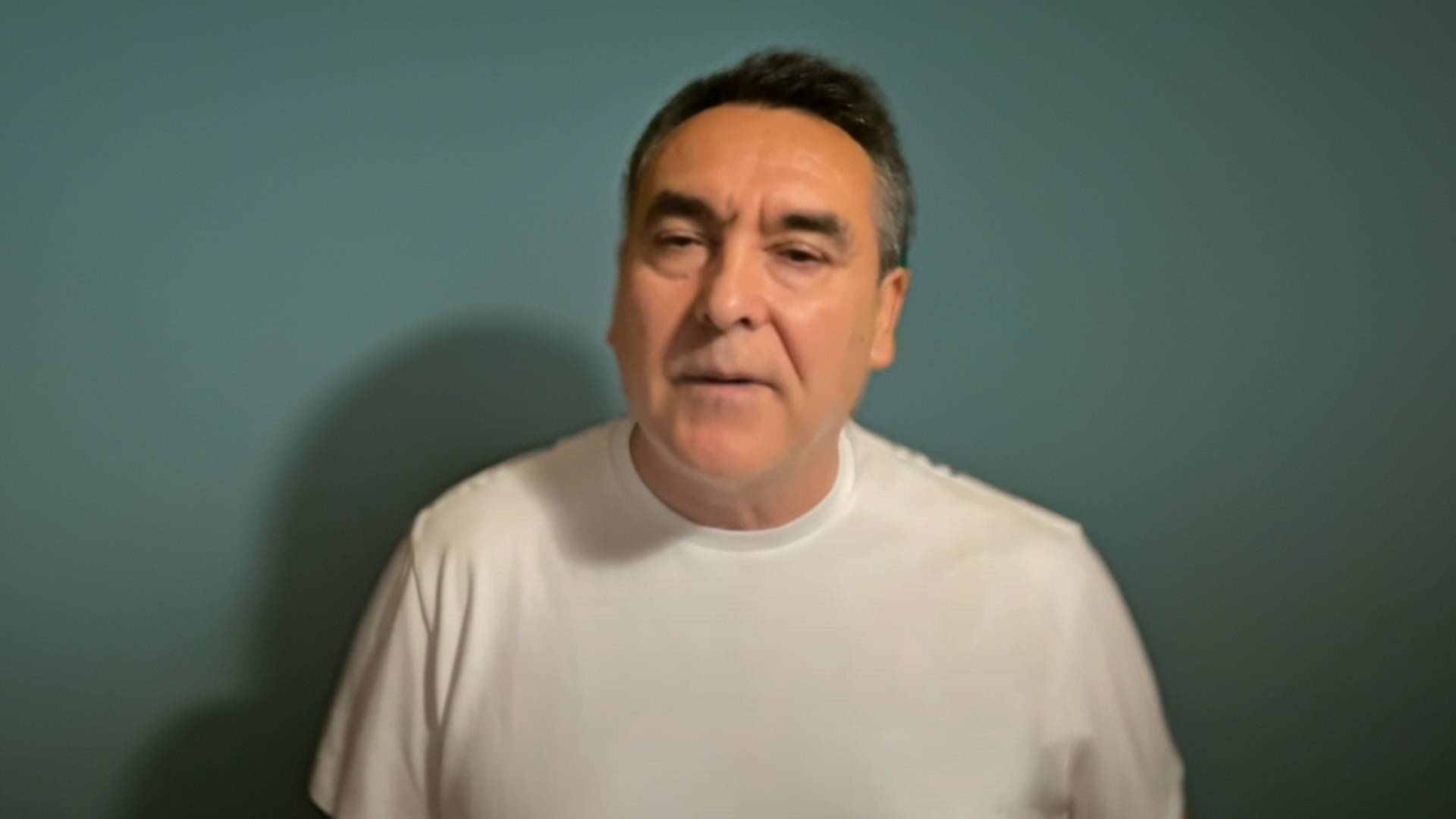On 13 October, a meeting of the Council of Heads of CIS member states was held in the Kyrgyz capital under the chairmanship of Sadyr Zhaparov. Among those present: are the presidents of Azerbaijan, Belarus, Kazakhstan, Tajikistan, Uzbekistan, as well as Russia. This is the first foreign visit for the Russian leader after the International Criminal Court in The Hague issued a warrant for his arrest (March 2023 – ed.). However, knowing that Kyrgyzstan has not ratified the Rome Statute of the Court in The Hague, Putin’s detention on the territory of this country is excluded. In addition, an invitation was also given to Armenia, but its Prime Minister Nikol Pashinyan declined “due to some circumstances.” Instead, he preferred a trip to Spain’s Granada for the meeting, for which he was criticized by Azerbaijani President Ilham Aliyev.
It is also interesting that Turkmenistan did not join the CIS, taking the role of an observer. According to international law, Turkmenistan is a neutral state that has no right to join any military alliances, including the CSTO (Collective Security Treaty Organisation). Instead, Turkmenistan signs bilateral treaties with CIS member states on the fight against terrorism. Thus, it uses all the forces and levers to fight against oppositionists, political leaders, and civil activists. It was the Russian Federation that introduced this system of struggle, and other dictators copied it and put it into circulation.
It has been a tradition since the collapse of the former USSR to look up to the “standards” of the Russian Federation to this day. A small example: at the end of the meeting some documents were signed, among which was the decision to create an international organization for the Russian language. That is support for Russian as a language of inter-ethnic communication. Why Russian and not any other language? Well, a good attempt to please the Russian president by supporting “Russian identity” from the point of view of nostalgia for Soviet times.
It is noteworthy that earlier, in the entire post-Soviet space, summits of CIS leaders were considered the most important events, but now this gathering has turned into a platform for gaining support for a particular leader who has lost his power both in the civilized world and among his population. We are talking about Vladimir Putin, who, against the background of the resolution of the Parliamentary Assembly of the Council of Europe, which called on the member states of the Council to recognize him as illegitimate after his presidential term in 2024 and Russia as a dictatorship, decided to quickly gather a platform with the leaders of the former CIS countries. The goal of the Russian head of state is to recognize Putin as the legitimate and strongest leader of the Russian Federation with the resulting international relations. So any attempt to start a revolution or coup in Central Asia will come down to one thing – the fear that everyone will have to deal with Putin and his troops!
Interestingly, each of the leaders who came to the meeting is trying to stand between two fires. For example, Kazakhstan’s President Kassym-Jomart Tokayev has the initiative to create an international organization that is neither yours nor ours. First, he promises the West to respect sanctions restrictions against Russia, and then he “pleases” Putin by supporting the Russian language. In addition, he is interested in cooperation primarily with China.
Azerbaijani President Ilham Aliyev is less Moscow-centred. He is much more oriented toward cooperation with Turkish President Recep Erdogan. And in the conflict with Armenia, the Azerbaijani leader listens more to the West.
The only still loyal servant of Putin is the self-proclaimed president of Belarus, Alexander Lukashenko. And even he, after providing his territory as a platform for an attack on Ukraine, is simply forced to dance to the tune of Moscow. These are, in fact, two authoritarian representatives who, with their megalomania, force their neighbors to be “friends” but keep their distance.
Let us remind you that the Commonwealth of Independent States was created in the late 90s, in place of the former USSR. All ex-Soviet republics, except for the Baltic states, joined the CIS. Currently, Ukraine, Georgia, and Moldova are listed as participants, but they have not joined the CIS.

